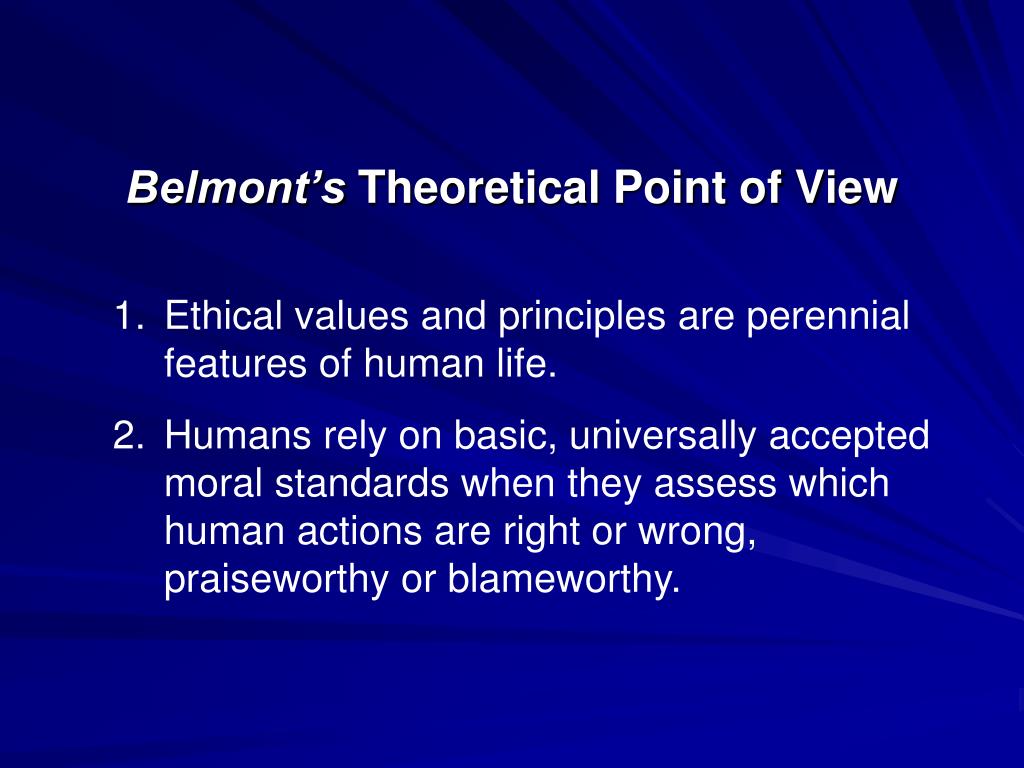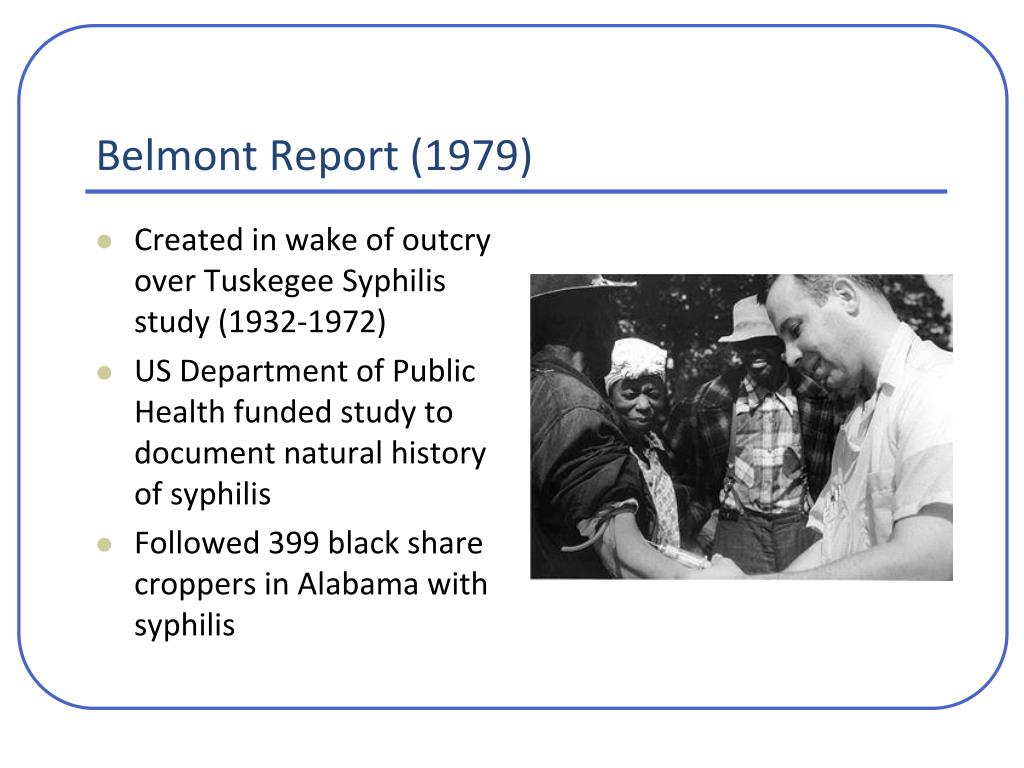


Therefore, exempt studies generally are reviewed and determined by the IRB, or its representative. Federal guidance recommends that investigators not be allowed to self-determine whether a study qualifies for exemption. However, it is “exempt” from the provisions stated in Title 45, Part 46, Subpart A (the Common Rule). Which type of IRB review does not require an IRB approval but does require a determination by the IRB or an IRB designee?Īnswer: research with human subjects. Per federal regulations, which of the following elements must be included in an informed consent document?Īnswer: All foreseeable risks and discomforts.Īnswer: all foreseeable risks and discomforts must be included in an informed consent. Students from the faculty’s own classroom may feel coerced to participate so to protect them, students who do not have any courses with the faculty should be recruited when possible. How can faculty researchers avoid undue influence of student subjects?Īnswer: Avoid using their own students in their researchĪvoid using their own students in their researchĪnswer: By recruiting students from other classes, faculty researchers can minimize the potential of undue influence.
#The belmont principle of beneficence requires that code
The Nuremberg Code paved the way in creating the human subjects research guidelines and regulations we follow today. did not have a set of ethical regulations in human subjects research. The history of ethical regulations in human subjects research began with theĪnswer: Prior to the Nuremberg Code in 1949, the U.S. She is not collecting any information about the store owners, but her study mainly seeks to find information about the items in the store. This study would qualify as not human subjects becauseĪnswer: the data that the student is collecting does not meet the definition of human subjects research as stated by federal regulations. This study would fall under which of the following? She plans on going to the local convenience stores and asking the owners what types of junk food the store normally stocks and which are the biggest sellers. She is interested in the types of junk food available to the public. The three principles discussed in the Belmont Report areĪnswer: Respect for Persons, Beneficence, Justice.Ī master’s degree candidate needs to conduct a research project for her master’s thesis. Which of the following are the three principles discussed in the Belmont Report?Īnswer: Respect for Persons, Beneficence, Justice Ensuring the selection of subjects is equitable is an example of applying the principle of justice. Providing detailed information during consent and ensuring persons with diminished autonomy are protected would be examples of applying the principle of respect for persons. The principle of beneficence can be applied to a study employing human subjects by determining that the study has a maximization of benefits and a minimization of risks. “Persons are treated in an ethical manner not only by respecting their decisions and protecting them from harm, but also by making efforts to secure their well-being” (The National Commission 1979). Which of the following is an example of how the principle of beneficence can be applied to a study employing human subjects?Īnswer: Determining that the study has a maximization of benefits and a minimization of risks.Īnswer: The principle of beneficence includes the obligation of researchers to strive to do no harm and to maximize benefits and minimize harms. The Belmont Report also does not limit persons involved in research from benefitting financially. The Belmont Report does not limit persons with diminished autonomy with participating in greater than minimal risk research. Persons with diminished autonomy should not be excluded from participating in research, because then they would be excluded from receiving the benefits of research. The Belmont Report’s principle of respect for persons incorporates at least two ethical convictions:Īnswer: first, that individuals should be treated as autonomous agents, and second, that persons with diminished autonomy are entitled to protection. The Belmont Report’s principle of respect for persons incorporates at least two ethical convictions: first, that individuals should be treated as autonomous agents, and second, that:Īnswer: Persons with diminished autonomy are entitled to protection. Answer: provides the ethical framework for the federal regulations designed to protect human research subjects.


 0 kommentar(er)
0 kommentar(er)
